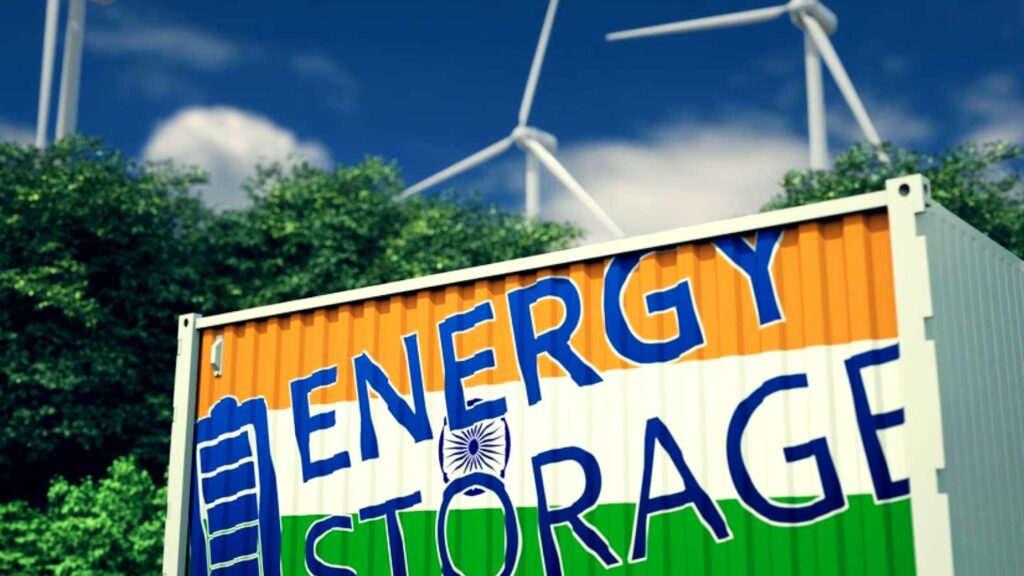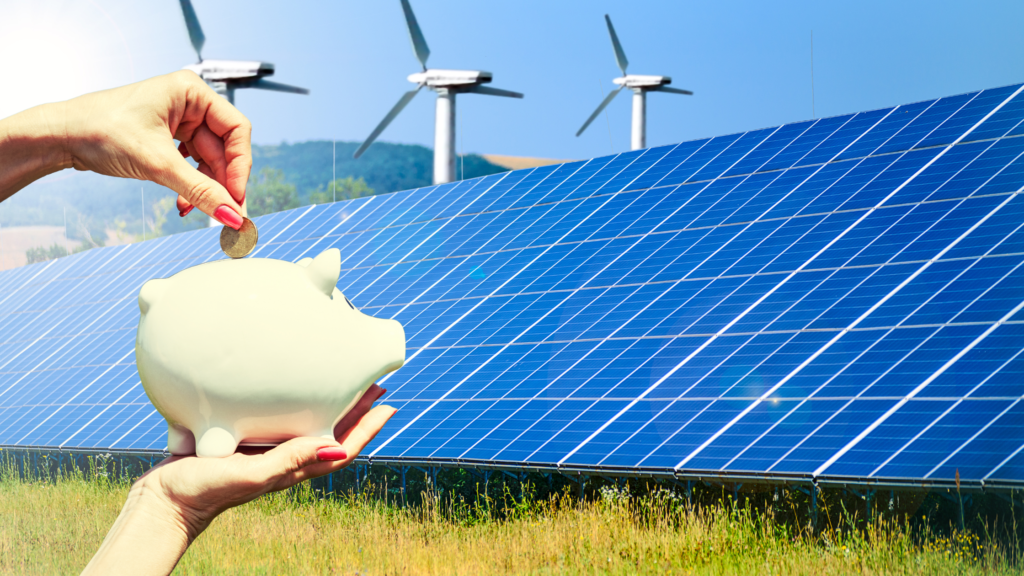With the dramatic increase in global temperatures, high-quality and affordable energy sources are required now more than ever. One of the most powerful yet controversial sources available is nuclear energy. Proponents of clean energy proclaim that nuclear energy provides a high-quality and reliable option devoid of any carbon emissions, while opponents strongly disagree. At Niche Clean Energy, we are deeply invested in revolutionizing sustainable solutions which leads us to explore the future of nuclear power as clean energy becomes more mainstream.
Contribution of Nuclear Energy towards Clean Energy Initiatives
Nuclear energy is of paramount importance in the world’s move away from traditional energy sources to cleaner ones. For instance, carbon pollutants are not emitted during the operation of nuclear power plants, which is a huge positive in the fight against climate change. Apart from that, nuclear energy is less reliable compared to other renewable sources such as solar and wind energy which are dependent on weather conditions. In short, nuclear energy is an energy source that can be relied on to consistently produce electricity.
As it stands, nuclear energy accounts for approximately ten percent of the total electricity consumption worldwide, and according to the International Energy Agency (IEA), it is ranked second in terms of lowest carbon emissions, only behind hydropower. Hence, nuclear energy has a great deal of potential to lead the future of clean energy production. There is, however, a need to focus on public perception, safety, and waste management policies in order to fully utilize this potential.
Developments In Nuclear Technology
In the last few decades, truly remarkable changes have occurred within the field of nuclear energy, especially with regard to the development of new and improved reactors. One such innovation that will significantly transform the scope of nuclear technology is the development of small modular reactors (SMR). The design of SMRs is based on a more efficient construction and fuel consumption model. Furthermore, unlike traditional reactors, SMRs are constructed in locations where the natural resources of water and oil are not in excess use. This adds an advantage over traditional reactors. It is important to note that the fundamental objective behind the design of SMRs is to enhance the economic and environmental sustainability of clean energy technologies in the future. In addition, the use of passive cooling systems in SMRs reduces the likelihood of core meltdowns, which gives them a safety advantage over traditional reactors.
Nuclear Technology Challenges
One of the greatest issues facing the later development and deployment of fusion reactors is the fact that, despite all of the advantages, reliance on nuclear energy comes with substantial dangers. Nowadays, nuclear energy is often described as the cleanest source of energy available today. The feat of rebuilding modern fission reactors into a sort of enthusiastic power plant that incorporates all necessary amends atoms is a goal that everyone pursues. In this perspective, both fusion and fission differ, but the waste of everyone is of equal concern.
Consider the idea of harnessing near limitless energy and more efficiently handling radioactive waste. Although it is incredibly economical to imagine, it is important to understand that achieving it leans towards the infeasible side of the pendulum. However, if we funnel resources towards improving on the idea, we can rapidly draw closer to realization. Increased efficiency in the use of fusion power could help improve nuclear energy stations across the globe which brings us a step closer to the breakthrough the world is desperately waiting for.
However, the public’s comprehension regarding nuclear energy is certainly a barrier; however, the potential is broad. The events of Chernobyl and Fukushima single handedly contribute to our uncertainty surrounding nuclear power plants, and rightfully so. In order to progress beyond that barrier, the education of the people is imperative. Trust must first be earned before being able to provide the conditions that would allow the populace to freely erect nuclear plants.
The potential price of the new plants as well as the infrastructure surrounding them is another immense challenge. The construction of such plants on average takes decades and rather costly budgets are seldom met. In comparison to solar and wind technologies, nuclear power tends to remain expensive, even amidst periods when renewables are more affordable. These issues lend themselves to the words innovation – creative financing could change the paradigm, yet supportive measures are essential if nuclear power is to be commercially competitive.
Nuclear waste management is also a heated subject at the moment. The phenomenon of storing spent fuels and radioactive materials for thousands of years poses some problems on both the logistical and ethical sides. Luckily, progress is being made in nuclear fuel recycling and in deep geological repositories, which will address these issues.
Sustainable Nuclear Power Perspective and Future of Nuclear Energy
Nuclear energy has the potency to single handedly help in achieving a desired future – net zero by 2050! Every country is trying to meet tough international climate goals and this is why nuclear energy is so crucial for sustainable development. Doing so will require deep cuts in greenhouse gas emissions. New technologies cannot achieve this alone, which is why the most recent IPCC report states it will be necessary to limit warming to 1.5 degrees Celsius. Nuclear power optimally complements renewables because it can be relied on to deliver energy at scale, warming the atmosphere and contributing to climate change less, while helping to diversify and strengthen the energy grid.
Niche Clean Energy is looking into new collaborative efforts and approaches that would use nuclear energy within the larger clean energy framework. The combination of nuclear power and innovations in renewable energy storage such as smart grids can form the basis of a comprehensive energy policy strategy aimed at achieving environmental and economic objectives.
Nuclear Energy at Niche Clean Energy
As Niche Clean Energy puts it, “A team with a mission of developing different approaches to achieve clean energy has a lot to benefit from collaboration with different industries.” It is true that nuclear power has its own controversies; however, it has the capacity to make a significant contribution to a net carbon-free future energy system. There is a need to work with a wide range of stakeholders – industries, government, and research institutions – in order to make sure that nuclear energy is used efficiently and safely.
For example, we are currently working on projects that allow growth in the use of nuclear as well as renewable energy sources. Nuclear hybrid systems make use of solar and wind and are powered by nuclear energy. These systems offer an equilibrium both in terms of energy supply and output. They make use of nuclear-powered centralized grids that are able to harness the volatile nature of renewable sources.
Besides, we are trying to encourage nuclear power usage. With the help of awareness campaigns, communication with stakeholders, and information flow, we hope to mitigate the disproportioned reality vs perception gap of nuclear energy. Addressing safety fears, the positive impact of global warming, and newer technologies will help instill trust which will enable wider acceptability.
Policy and the Path Forward
Nuclear energy policies and international relations will define its future. Thus, the future of nuclear energy and these policies are co-connected firmly. Governments must construct a well-balanced regulatory supervision framework to encourage investment in nuclear technology and maintain solid safety measures. With investment-safe policies, next-generation reactors will be installed faster, and policies that encourage research, and development, along with reduced permitting processes will improve surely.
International collaboration is just as important. These projects increase the prospects of humanity’s nuclear future, like the ITER. By sharing resources and knowledge, countries solve issues posed by nuclear energy and its usage on global warming.
Conclusion: An Opinion That Is Considered Pro And Con At The Same Time
The discussion regarding the future of nuclear energy is an undeniably intricate one. It provides immense clean energy but have few security challenges as well. At Niche, we consider it important to have an opinion that is both reasonable and practical.
Nuclear energy can work effectively towards the goal of the future of clean energy with the right amount of investment in innovation, collaboration, and consideration of public anxiety. Looking forward, we remain committed to sustainability and technological advancement as we build a society that is considerate of nature.
Everything considered, bold collaboration, and vision will be critical in achieving a cleaner world. The promise and danger of nuclear energy do make it a highly important focal point. At Niche, we take immense pride in being catalysts for this change and building solutions that will lead to this planet remaining harmonious for future generations.


